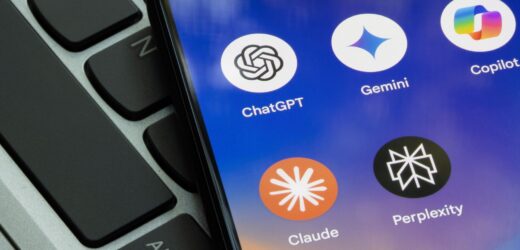When my institution closed because of the pandemic, I was asked to teach an entirely virtual organic chemistry course (class and lab) in the 2020 summer semester. This was the first entirely virtual organic course at our college and my first entirely virtual course of any kind. While one may teach well with technology, Michael Wesch, anthropology professor at Kansas State University, notes that “it doesn’t matter what method you use if you do not first focus on one intangible factor: the bond between professor and student” (Young, 2012). I elected to use the flipped classroom approach as I do in face-to-face courses. But my challenge in the virtual environment was to develop the professor–student–student bond, which is essential for a collaborative, team-oriented problem-solving mentality when students and the professor do not have shared face-to-face interactions. I implemented three distinct activities in my virtual course to address the challenge. While the activities were used in organic chemistry, they are adaptable to virtually any course.
Developing the Professor–Student–Student Bond in Virtual Courses

Related Articles
I have two loves: teaching and learning. Although I love them for different reasons, I’ve been passionate about...
“Why does my edition of Hamlet read ‘O, that this too, too sullied flesh would melt,’” my student...
After all, nearly every large language model (LLM) is good at summarizing readings, synthesizing large amounts of data...
In 1906, Francis Galton was visiting a livestock fair when he stumbled upon an interesting contest. Local villagers...
I often wear sunglasses on my walk from my parking spot on campus to my office. I recently...
Students taking online classes represent a key part of the college-attending population. Demand for online classes and online...
As AI use continues to grow in the field of education, we are only beginning to discover potential...








